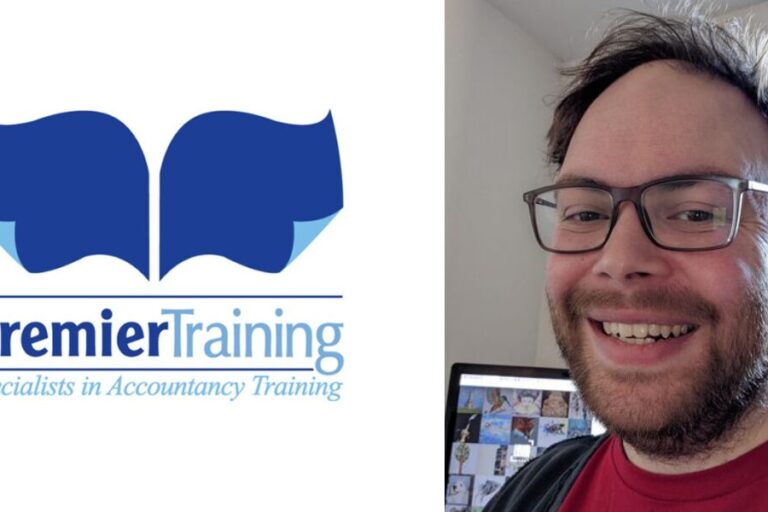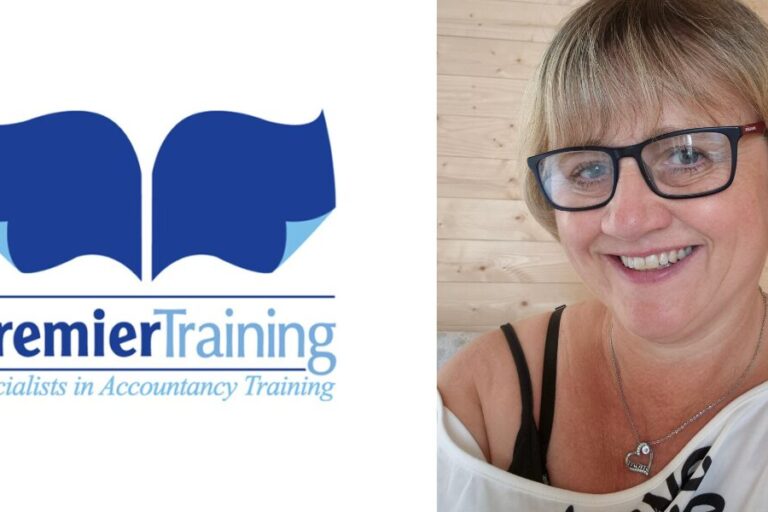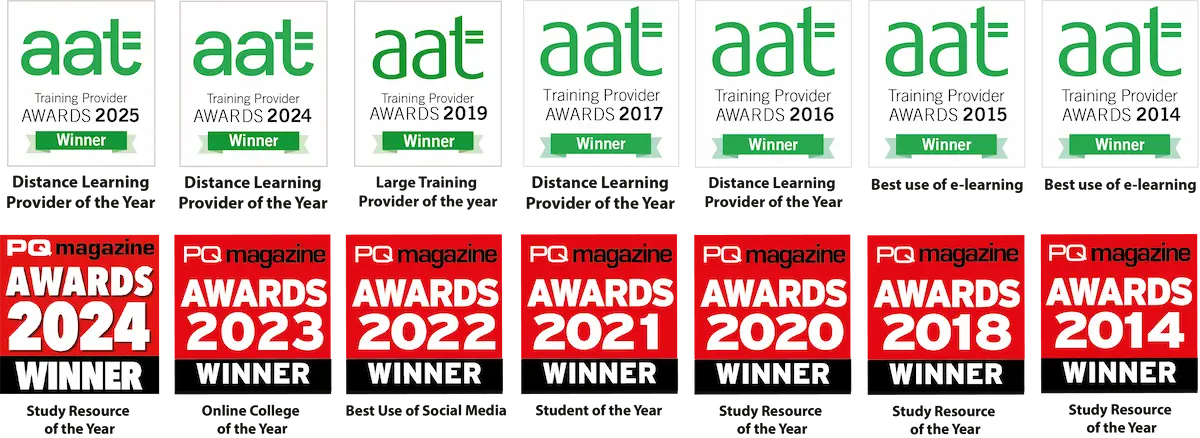Management Accounting Techniques (MATS) Unit
This unit provides students with the knowledge and skills needed to understand the role of management accounting in an organisation, and how organisations use such information to aid decision making.
Students will learn the principles that underpin management accounting methodology and techniques, how costs are handled in organisations, and why organisations treat costs in different ways. Students will be able to recognise different approaches to management accounting and provide informed and reasoned judgements to guide management. They will also learn how to apply these principles and appreciate why effective management accounting is crucial to any organisation.
Students will learn the techniques required for dealing with direct costs and revenues, and with the treatment of short-term overhead costs. They will also learn the techniques required for decision making, using estimates of costs, revenues and cashflow. Students will learn to carry out procedures as they would in a real-world organisation’s finance function including: undertaking budgetary overhead apportionments and producing recovery rates, carrying out basic variance and cost-volume-profit (CVP) analysis, calculating changes in forecast unit costs and profits, calculating working capital measures, producing simple budgets, monitoring cash flow and reporting accounting information.
Students will be required to use spreadsheets when making calculations, manipulating and analysing data, reporting, and forecasting. Skills such as the use of formulas, functions, data analysis tools, sorting and filtering will be vital within accountancy to enable students to perform complex calculations quickly and accurately. After analysis, the data needs to be comprehensively checked and then presented using a range of methods, for example as a structured spreadsheet with pivot tables and charts.
The application of ethical principles is threaded throughout this unit. All work must be carried out with integrity, objectivity and a high degree of professional competence.
Learning outcomes
1. Understand the purpose and use of management accounting within organisations
2. Use techniques required for dealing with costs
3. Attribute costs according to organisational requirements
4. Investigate deviations from budgets
5. Use spreadsheet techniques to provide management accounting information
6. Use management accounting techniques to support short-term decision making
7. Understand principles of cash management

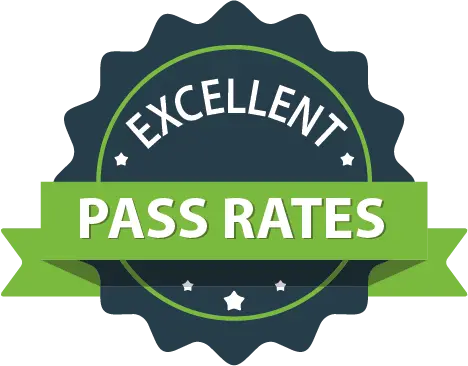
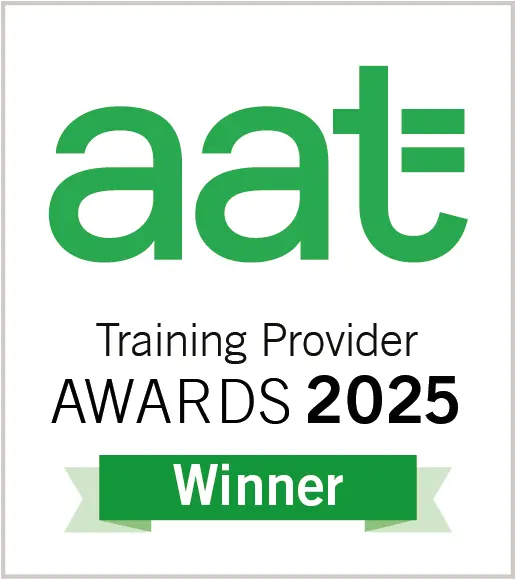



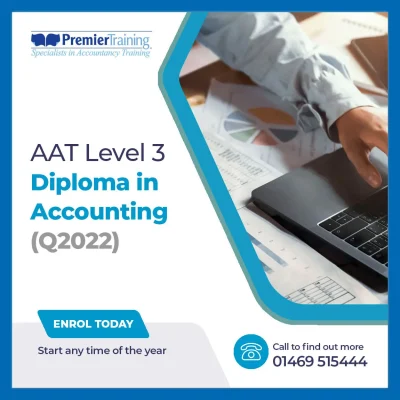

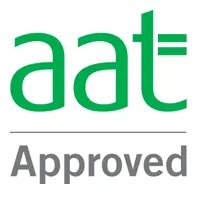
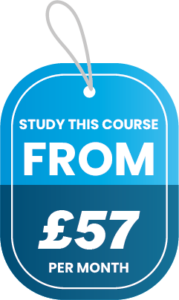
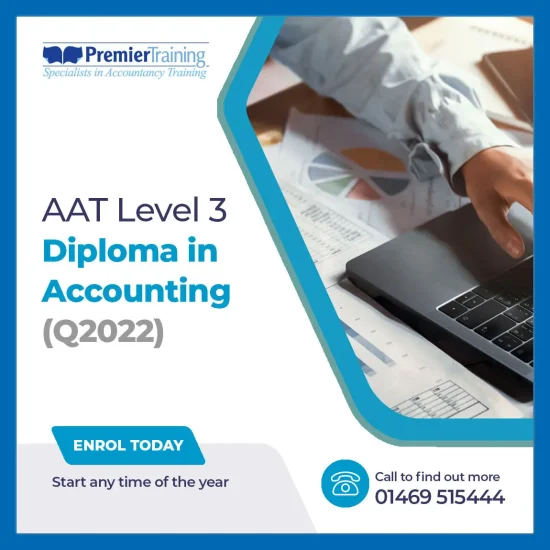
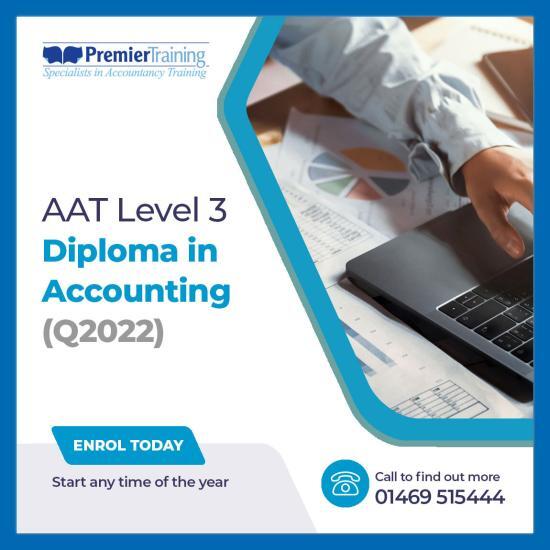
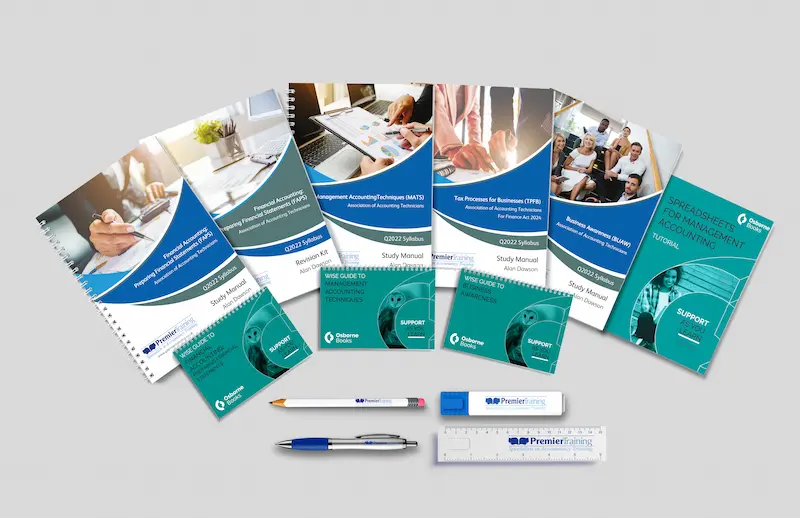

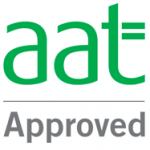

 In this AAT level 3 course you can browse our new course materials for the AAT Q2022 syllabus.
In this AAT level 3 course you can browse our new course materials for the AAT Q2022 syllabus.